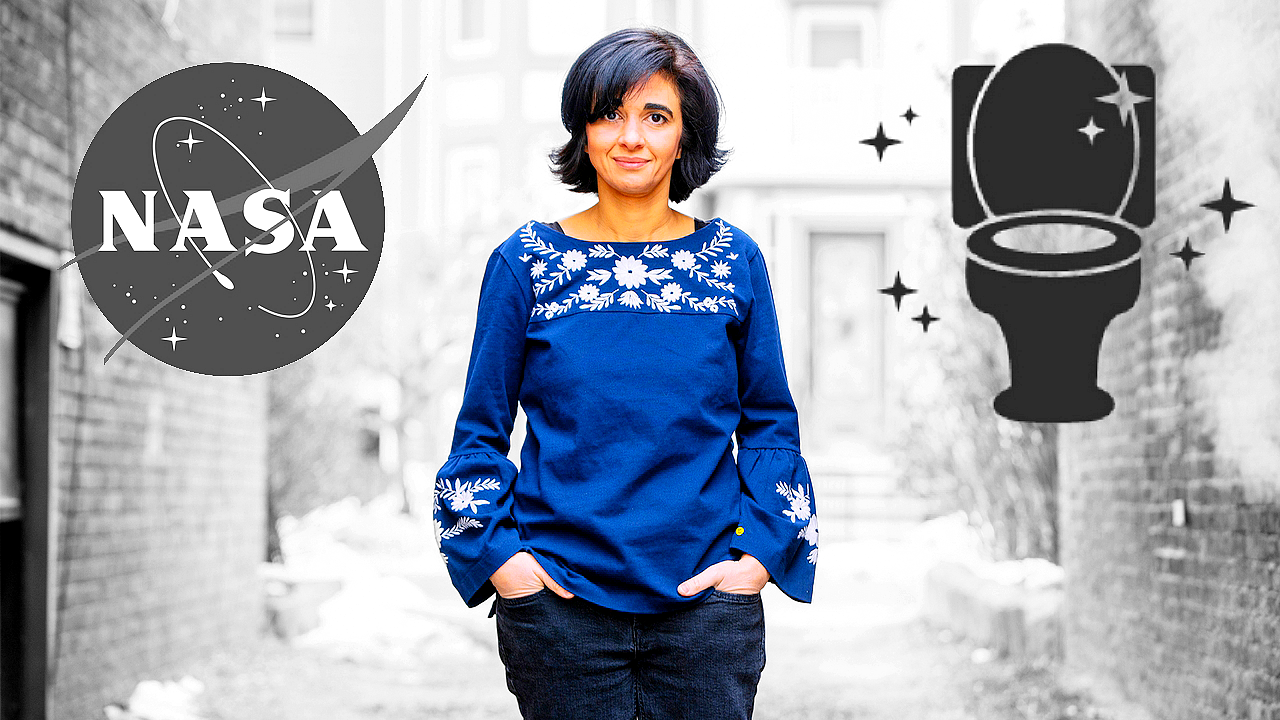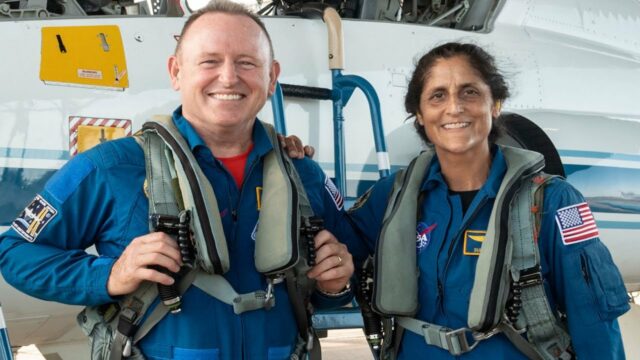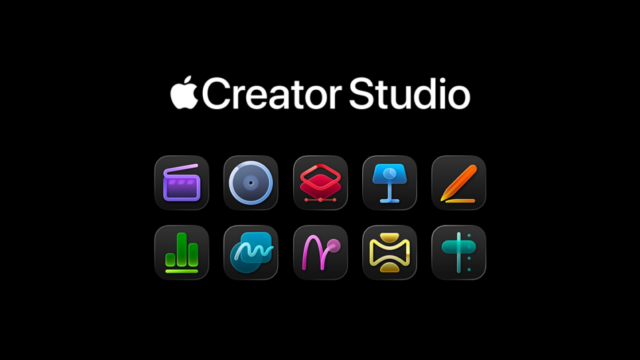Life can take you to unexpected places, even if you have set your sights on a specific career path. This is especially true today, as people can develop new skills quickly and transition into different professions with ease. Diana Yousef, a former NASA consultant, found herself becoming a “toilet maker.” Here’s her interesting story and the groundbreaking project she developed.
From NASA Employee to Founder of the Toilet Company iThrone
Diana Yousef’s journey from a NASA consultant to a “toilet maker” is just the beginning of her extraordinary path. Not only did she invent a toilet, but she also set out to solve a global issue affecting billions of people.

Born into an Egyptian immigrant family in Boston, Yousef earned her PhD in Biochemistry from Cornell University. She served as a consultant for a project between NASA and the United States Agency for International Development (USAID), where they sought solutions related to water access. Drawing from this experience, Yousef chose to tackle the problem of drinking water scarcity with a different approach.
Yousef’s invention, a toilet that doesn’t require water or sewage systems, is revolutionary. This membrane-based technology evaporates 90-95% of waste, making it environmentally harmless. Such an innovation is particularly crucial in areas with limited access to clean water and proper sanitation services.
Currently, 673 million people around the world have no access to any toilet system, leading to the deaths of 564,000 people each year, mostly from sanitation-related diseases like diarrhea. The Egyptian scientist’s iThrone toilet could play a significant role in addressing these global challenges in the future.

In 2013, Yousef launched her startup, change:WATER Labs, and conducted the first pilot project in Uganda in 2020. This project demonstrated that the toilet contained waste hygienically without emitting bad odors and required maintenance only every two to three weeks.
Yousef’s invention holds promise not only for communities in developing countries but also for disaster areas and refugee camps. The toilet’s final price is expected to be around $200, with plans to involve local partners in its production, making this solution even more accessible.
What do you think about this? Share your thoughts with us in the comments.




 Shiftdelete.net
Shiftdelete.net










